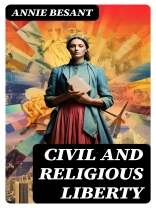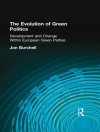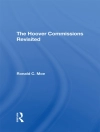In 'Civil and Religious Liberty, ’ Annie Besant eloquently explores the intricate relationship between individual rights and the broader socio-political landscape of her time. Written in the late 19th century, the book reflects her fervent advocacy for social justice and religious tolerance amid the backdrop of colonial India and the burgeoning feminist movement. Besant employs a persuasive and incisive literary style, guiding readers through a compelling discourse on the importance of self-determination and spiritual freedom, emphasizing the need for both civil liberties and individual emancipation within a pluralistic society. Annie Besant, a prominent theosophist and political activist, was deeply influenced by her own transformative experiences with spirituality, feminism, and social reform. Her commitment to the independence of India and her exploration of various philosophical traditions inspired her to confront the pressing issues of her time, which she articulately addresses in this poignant work. Besant’s unique background as a former member of the British elite facilitates her critique of imperialism, allowing readers to gain insight into the complexities of colonial rule and its impact on individual rights. 'Civil and Religious Liberty’ is an essential read for anyone interested in social justice, civil rights, and the intricate tapestry of historical perspectives on freedom. Besant’s powerful prose and passionate arguments resonate with contemporary debates around liberty and religious tolerance, making this book not only historically significant but also profoundly relevant in today’s sociopolitical climate.
O autorze
Annie Besant (1847–1933) was a versatile and influential figure whose work straddled social, political, and esoteric domains. Born Annie Wood in London, she metamorphosed from a Christian minister’s wife to a secularist campaigner and a sagacious leader within the Theosophical Society. Besant’s passionate advocacy for civil and religious liberty is emblematically captured in her work 'Civil and Religious Liberty’, where she articulates the principles of freedom and individual conscience, rooting for a secular society that embraces diversity of belief without political or societal repercussion. Throughout her literary career, Besant contributed an extensive range of texts addressing women’s rights, labor conditions, education, and spirituality. Her literary style combined acerbic critique with an unfailing optimism for human progress and spiritual evolution, often utilizing her clear, persuasive prose to raise consciousness and propagate her many causes. Besant’s life and work mirror her restless intellect and commitment to social justice, positioning her as a pivotal player in the era’s socio-cultural transformations and a lasting inspiration for future generations advocating for multifaceted liberty.












